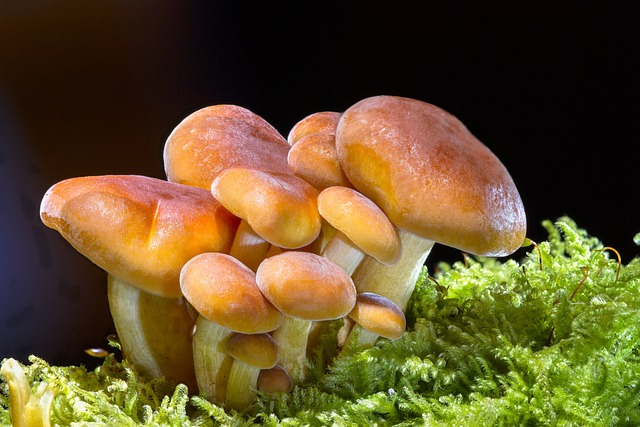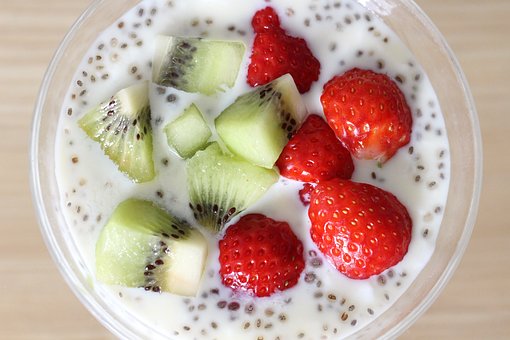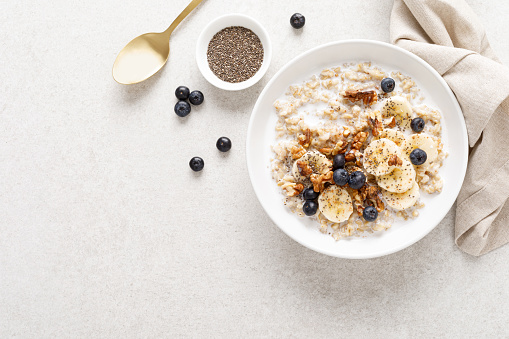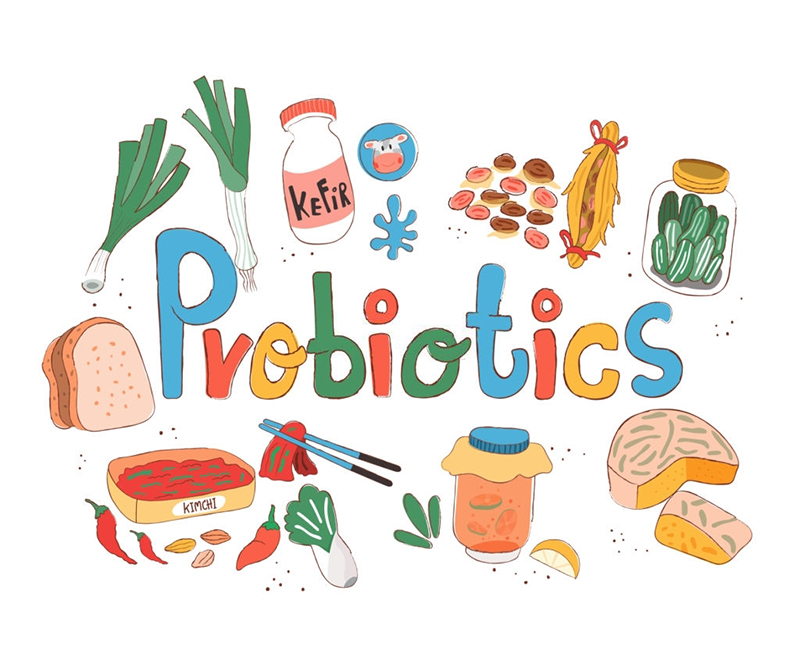Probiotics have been gaining popularity in recent years, with more and more people turning to these beneficial bacteria to support their gut health and overall well-being. But what exactly are probiotics, and how do they benefit your health? In this ultimate guide, we’ll explore everything you need to know about probiotics, including their definition, types, benefits, and sources.
What Are Probiotics?
Probiotics are live microorganisms that are beneficial for your health, particularly for your digestive system. These friendly bacteria help to maintain a healthy balance of microbes in your gut, which is essential for optimal digestion, nutrient absorption, and immune function.
Probiotics can naturally occur in your body, but you can also get them from certain foods and supplements. The most common probiotic strains include Lactobacillus and Bifidobacterium, which are found in fermented foods like yogurt, kefir, kimchi, sauerkraut, and tempeh.
How Do Probiotics Benefit Your Health?
Probiotics offer a wide range of health benefits, from supporting your immune system to improving your mental health. Here are some of the many ways that probiotics can benefit your health:
1. Boost Your Immune System
Probiotics can help to strengthen your immune system by promoting the growth of beneficial bacteria in your gut. These friendly bacteria help to fight off harmful pathogens that can cause infections and illnesses, such as colds, flu, and even COVID-19.
2. Improve Digestive Health
Probiotics can improve your digestive health by balancing the bacteria in your gut and reducing inflammation. They can also help to alleviate common digestive issues, such as bloating, gas, constipation, and diarrhea.
3. Support Mental Health
Probiotics can support your mental health by influencing the communication between your gut and brain. They can help to reduce anxiety, depression, and stress by producing neurotransmitters, such as serotonin and dopamine, that regulate your mood and emotions.
4. Enhance Nutrient Absorption
Probiotics can enhance your nutrient absorption by breaking down food and nutrients in your gut. They can also help to produce vitamins, such as B12 and K2, that are essential for your overall health.
5. Reduce Inflammation
Probiotics can reduce inflammation in your gut by promoting the production of anti-inflammatory compounds. This can help to alleviate chronic inflammation, which is linked to various health conditions, such as arthritis, diabetes, and heart disease.
Types of Probiotics
There are many different types of probiotics, each with their unique benefits and functions. Here are some of the most common types of probiotics:
1. Lactobacillus
Lactobacillus is a type of probiotic that is commonly found in yogurt and other fermented dairy products. It can help to improve your digestion, boost your immune system, and reduce inflammation.
2. Bifidobacterium
Bifidobacterium is another type of probiotic that is commonly found in fermented foods. It can help to improve your gut health, reduce inflammation, and boost your immune system.
3. Saccharomyces boulardii
Saccharomyces boulardii is a type of yeast probiotic that can help to reduce the symptoms of diarrhea and other digestive issues. It can also help to strengthen your gut barrier and prevent harmful pathogens from entering your body.
4. Streptococcus thermophilus
Streptococcus thermophilus is a type of probiotic that is commonly found in yogurt and other fermented dairy products. It can help to improve your digestion, boost your immune system, and reduce inflammation.
Sources of Probiotics
Probiotics can naturally occur in your body, but you can also get them from certain foods and supplements. Here are some of the best sources of probiotics:
1. Fermented Foods
Fermented foods are some of the best sources of probiotics, as they contain live beneficial bacteria. Some of the most popular fermented foods include yogurt, kefir, kimchi, sauerkraut, and tempeh.
2. Probiotic Supplements
Probiotic supplements are another way to get your daily dose of friendly bacteria. They come in various forms, such as capsules, tablets, and powders, and can contain different strains of probiotics.
3. Prebiotic Foods
Prebiotic foods are foods that contain fiber and other nutrients that feed the beneficial bacteria in your gut. Some of the best sources of prebiotics include onions, garlic, leeks, asparagus, bananas, and whole grains.
Conclusion
Probiotics are essential for your gut health and overall well-being. They offer a wide range of health benefits, from boosting your immune system to improving your mental health.






